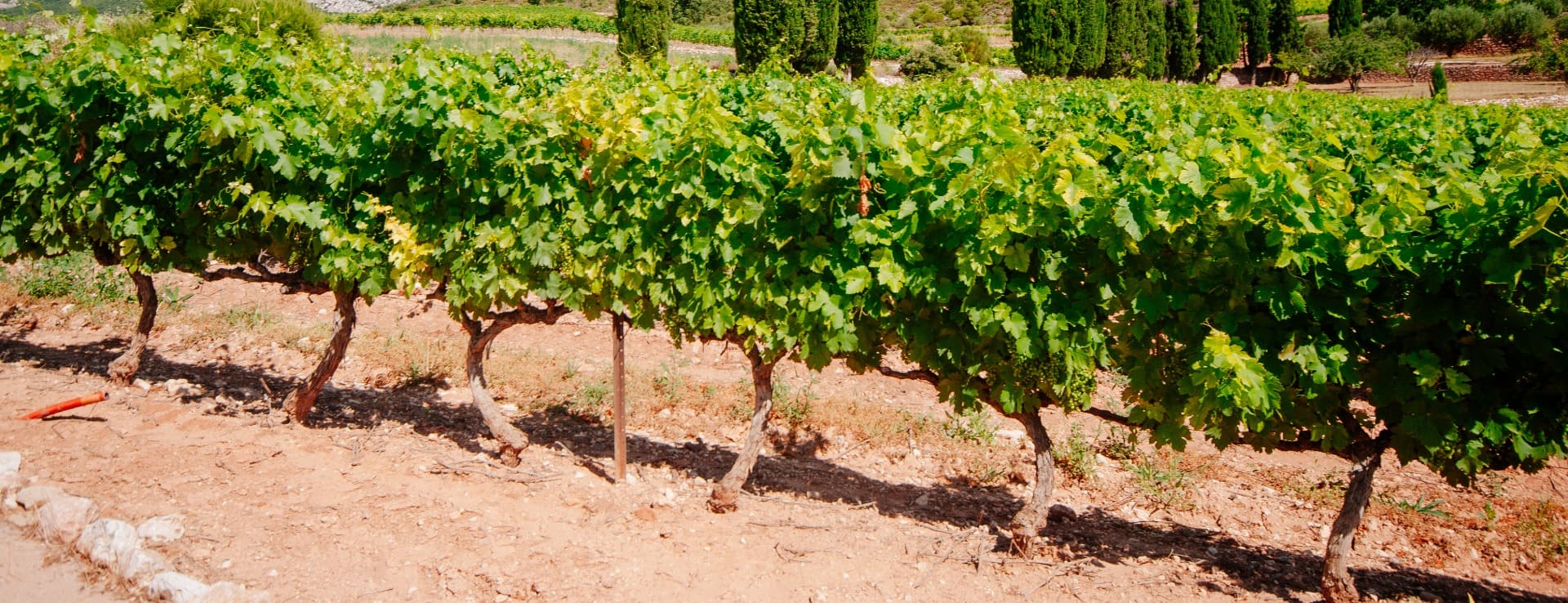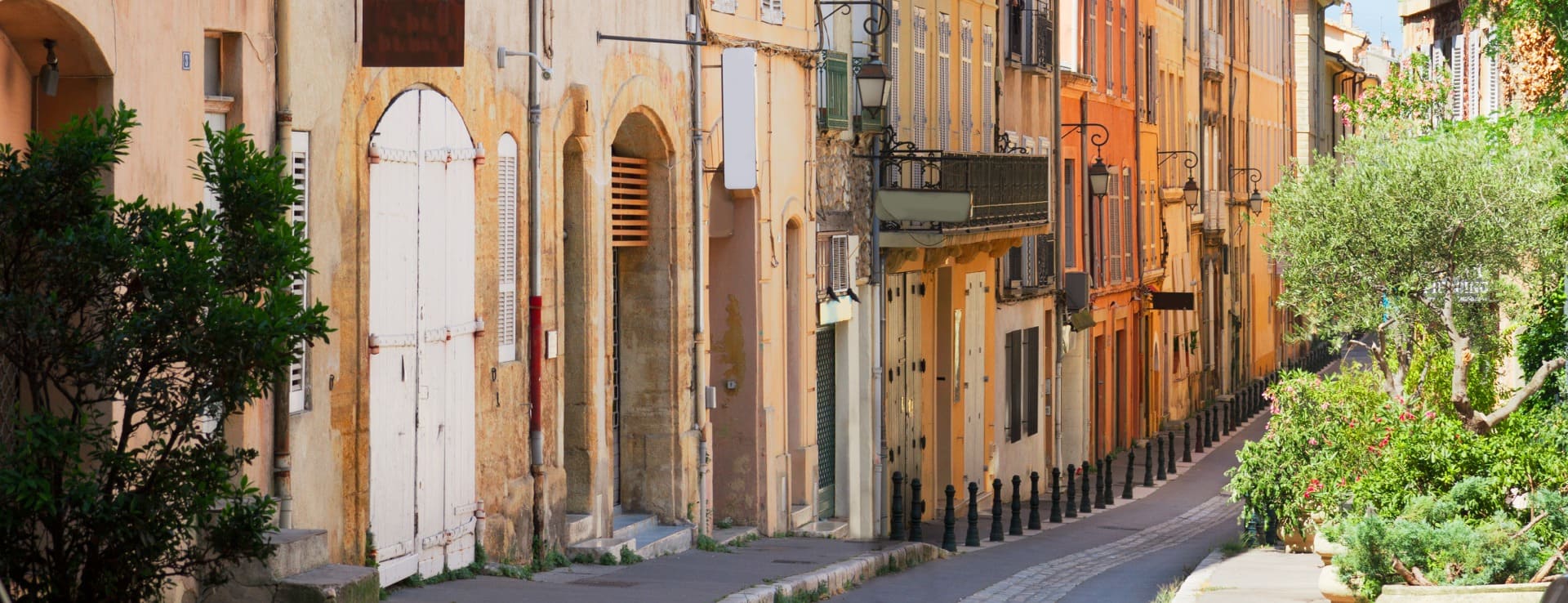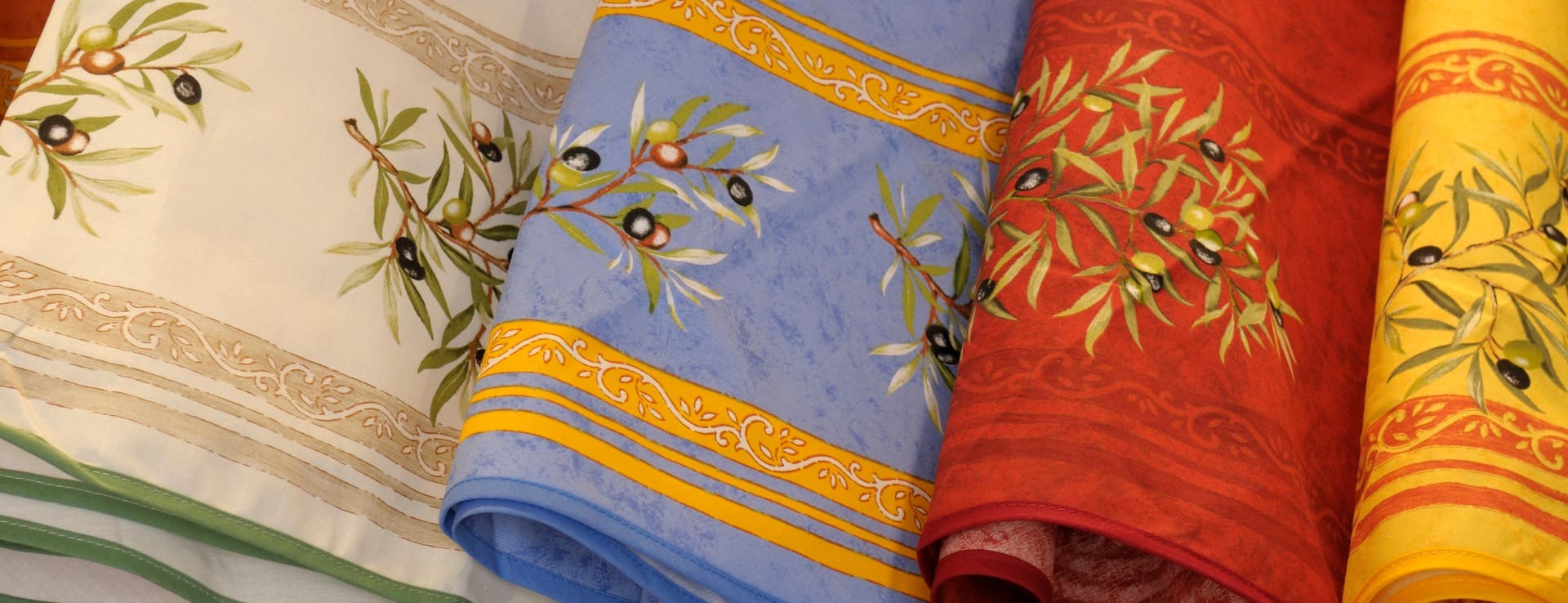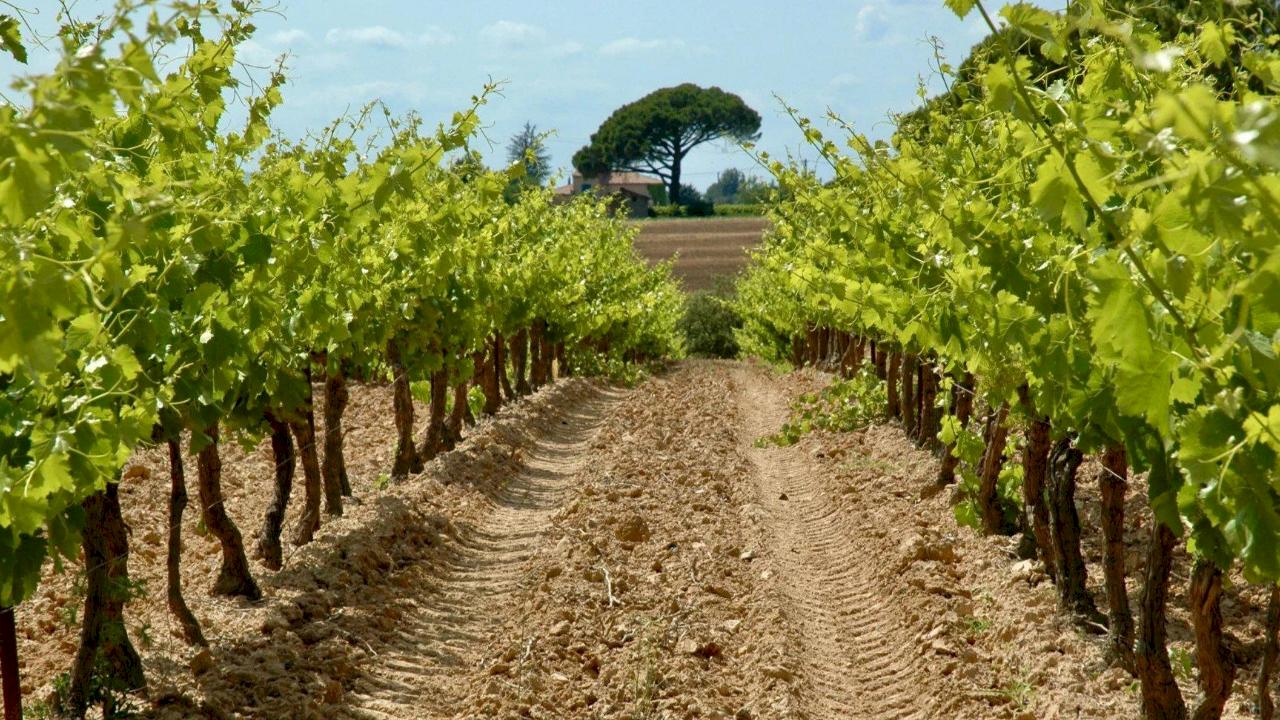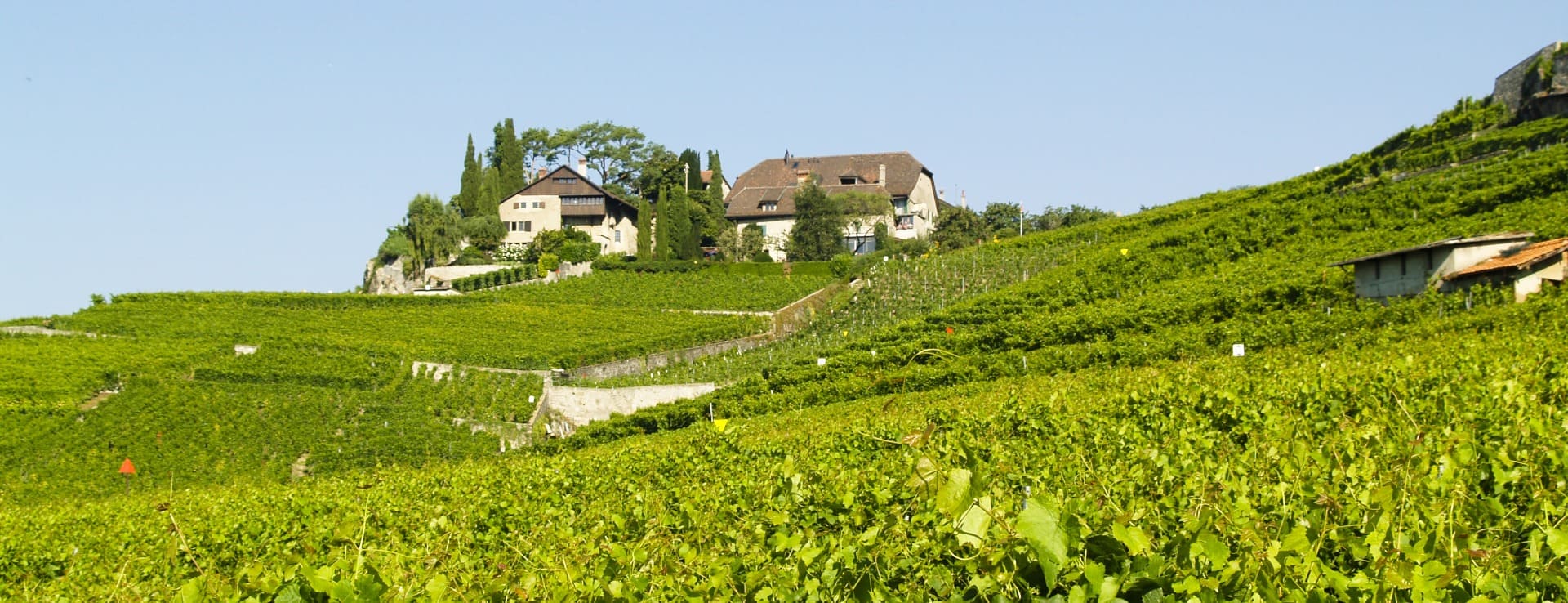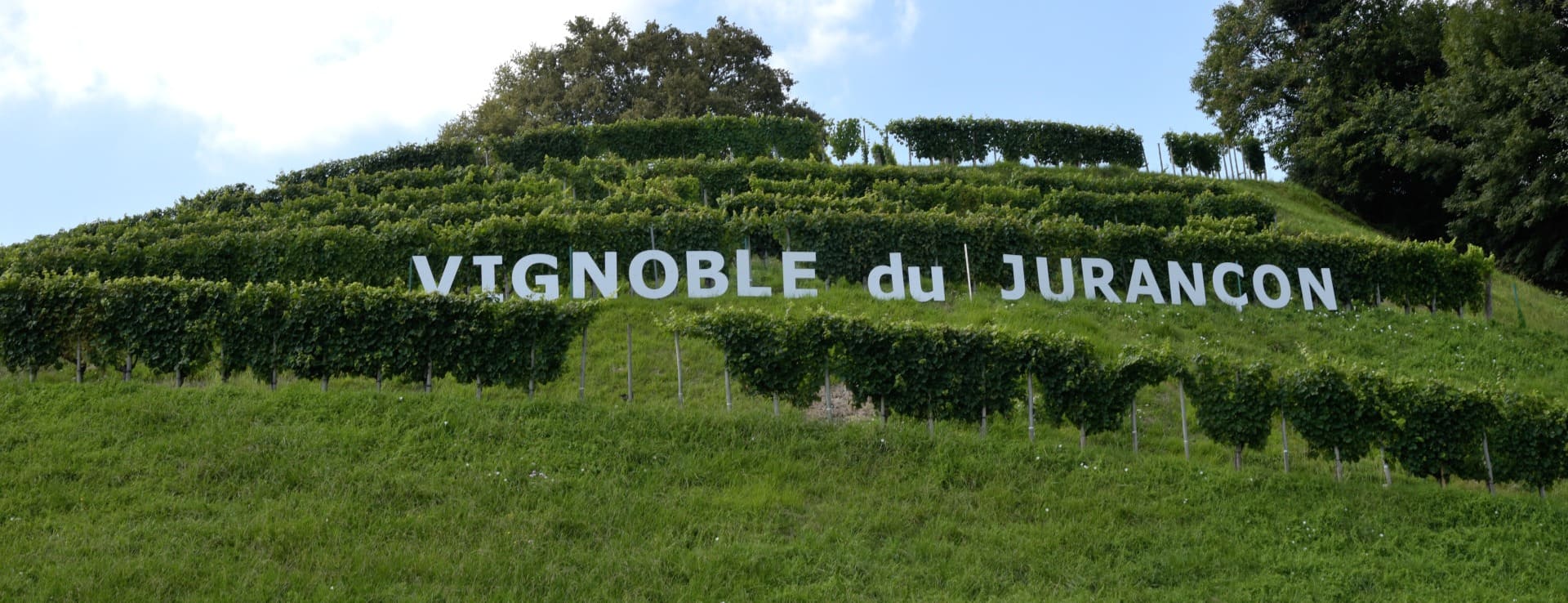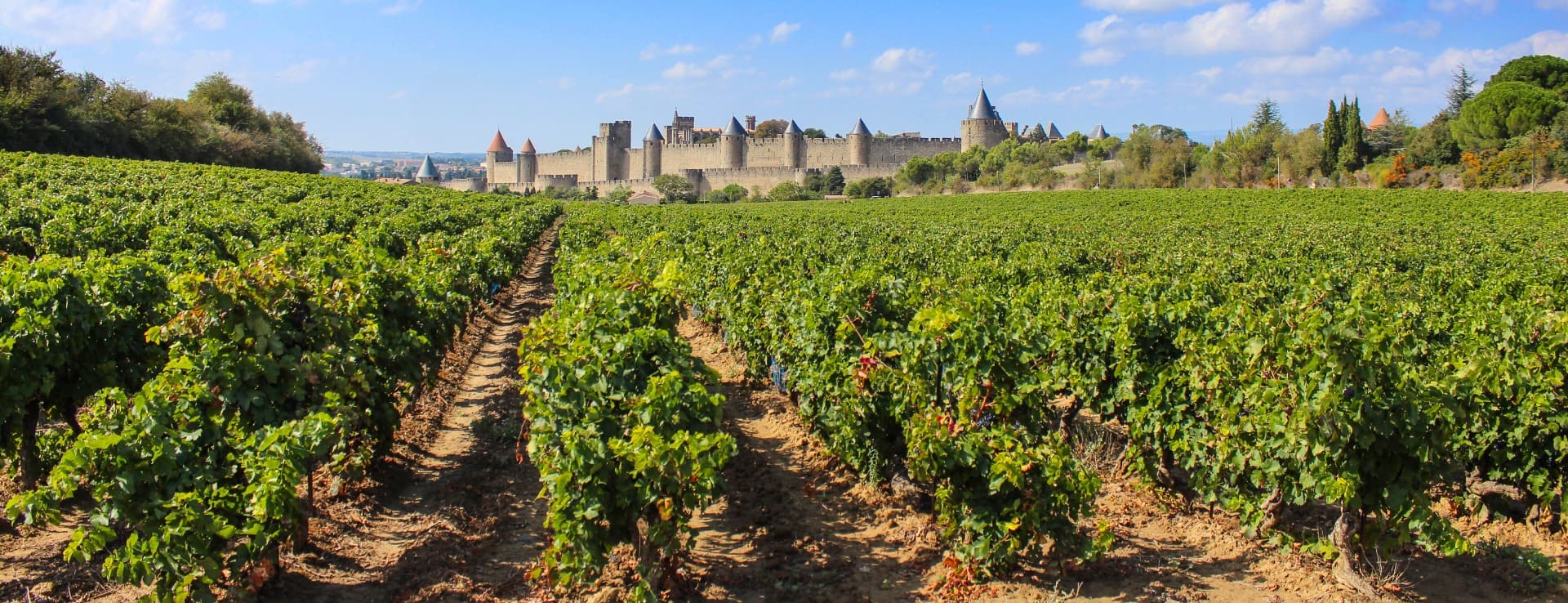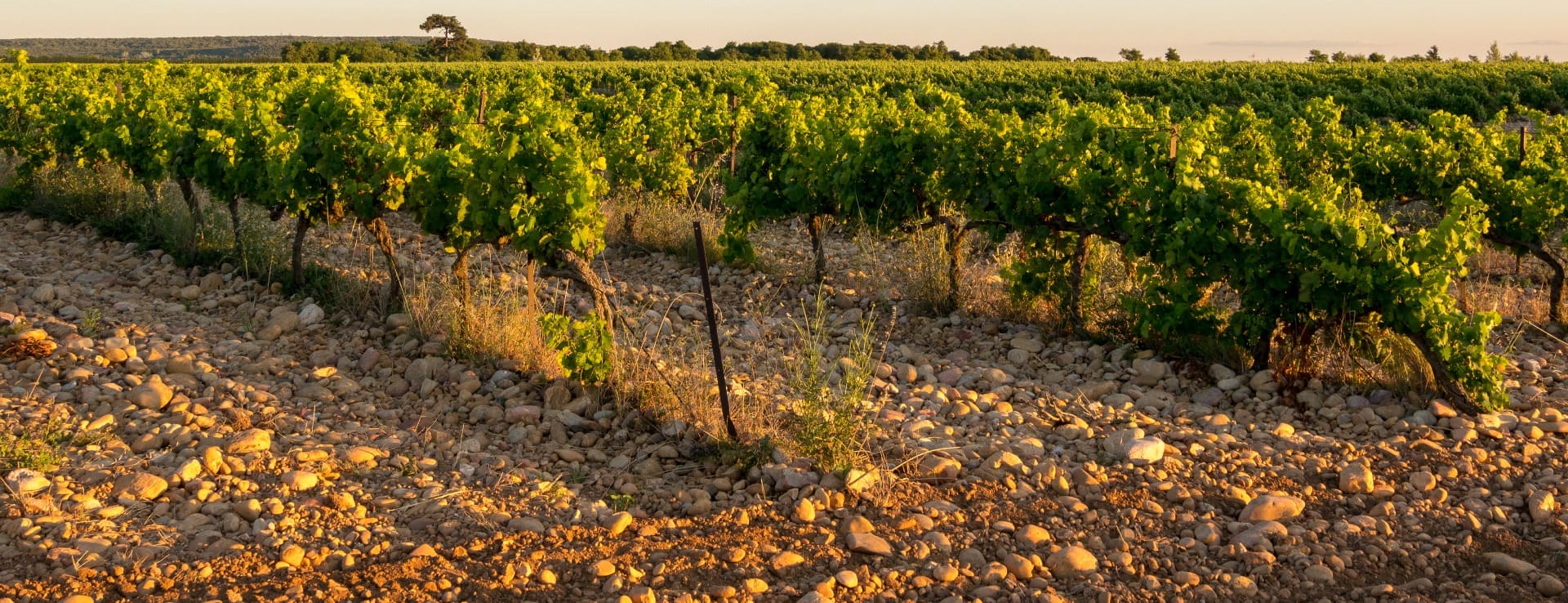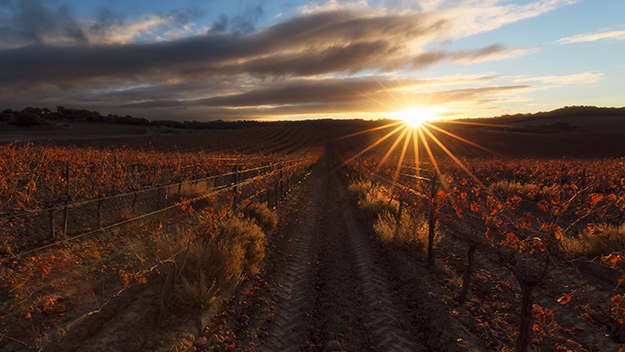Find your winery or vineyard
Infographic of the Denomination of Origin
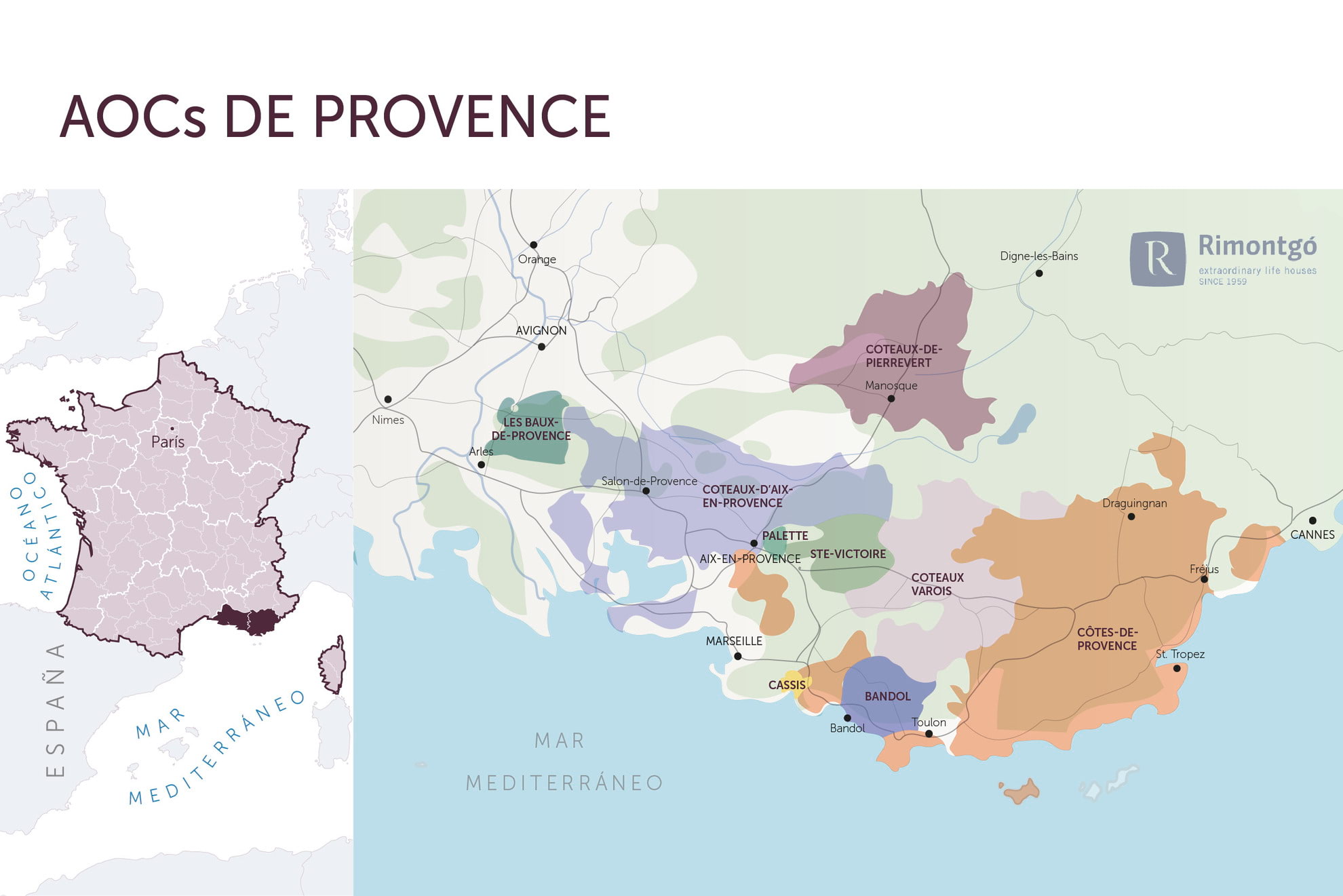
Change to imperial units (ft2, ac, °F)Change to international units (m2, h, °C)
AOC Coteaux d'Aix en Provence
HISTORY
Viticulture has spread over the centuries, imported by the Greeks, Greek sailors who brought the first vines to plant, expanded by the Romans, continued by the trade of the Mediterranean basin and finally maintained thanks to tourism.
The culture of the vine was imported by the Greeks or by the Phoenicians, as there are two theories on the colonisation of the coasts in the 6th century BC. The Phoenicians who came from Asia Minor led by Protis founded Marseilles which became a port of entry for the wines of the Hellenic world to Gaul. But it was the Roman conquest that really contributed to the development of viticulture. Under the Roman Empire, the wines of Provence were recognised by thinkers such as Virgil and Pliny. But with the fall of the Roman Empire also came the fall of local viticulture. It was not until the establishment of the first religious congregations that the culture of the vine made a comeback. In Provence, the abbeys of Saint-Victor in Marseille, Lérins outside Cannes, Saint-Pons in Nice and Thouronet produced table wines and, as they developed, marketed part of their production.
From the 14th century onwards in Provence, nobles and notables bought land and planted vineyards, marking the debut of modern viticulture in the region. After the French Revolution, the vineyards experienced a long period of crisis and a drop in sales. It was not until the arrival of the railway in Provence in the middle of the 19th century that local viticulture was renewed and prospered. Then at the beginning of the 20th century, overproduction and falling prices threatened Provence. It was not until after the Second World War, thanks to the birth of the AOCs and the arrival of a new generation of winemakers, fervent defenders of quality, that the vineyards developed strongly. And finally, it was the success of tourism that would end up consolidating the marketing of local wines. This situation gradually steered the Provençal vineyards towards rosé production, which was both the vector for immediate economic success thanks to the summer clientele, as well as a clear brake on the emergence of other, higher quality expressions of regional viticulture.
Essentially Mediterranean, Provence's vineyards are cultivated from many local varieties, and its wines, although very popular with tourists, are unknown. Provence has many elements of "good living". It is very common for lovers of good living to rent houses on the coast or in the hinterland to enjoy the good climate, the joy and generosity of the cuisine, the way of life and the philosophy of the local people. But few of these visitors are concerned about the quality of their wines. This is undoubtedly the first reason for the mediocre quality of many wines: the target public does not demand quality. Added to this is the absence of traditional "crus" plots with a proven reputation as in other areas of France. With the exception of Bandol, Provence has used its rosé wine to strengthen its brand image, perhaps lucrative enough, but not suitable to make a name for itself in the wine world. However, thanks to the men and women of these lands with the means, there are some very worthy personal initiatives that have shown the ambition to produce great wines. And that is why Provence today offers a variety of original and interesting wines. It is simply that the region lacks a safe haven from which the amateur can find a reference point. But there are a few of them.
In 1955, 23 wineries in Provence were awarded "Cru Classé" status, but this classification is little known and although some have continued at the top of their production, there is great heterogeneity within this classification.
CLIMATE
The Coteaux d'Aix-en-Provence vines are the westernmost wines of Provence. The area of the appellation extends from the Durance to the Mediterranean Sea, and from the Rhône valley in the west to the Sainte-Victoire mountain in the east. It surrounds the Berre lagoon and crosses the landscapes painted by Cézanne. It is between the reliefs formed by a succession of chains parallel to the coast - the Nerthe chain, the Fare chain, the Eguilles and Trévaresse chain, the Costes chain which extends into the Alpilles - that wine-growing activity is concentrated.
The Mediterranean climate is marked by the Mistral, a predominantly cold and dry north wind. It allows the appellation to benefit from an average annual sunshine of 2,900 hours. Light rainfall, between 550 and 680 mm per year, is mainly concentrated in spring and autumn.
SOILS
In this western limestone area of Provence, the soils found are mainly: stony clay-limestone, sandy often with gravel over molasses and stony sandstone with a clay or silty-sandy matrix on the Arc and Durance terraces.
WINERIES
Château de Beaupré, Château Simone, Domaine d'Eole, Domaine Hauvette, Château Revellete, Clos Saint-Vincent, Mas de la Dame, Domaine de Lauzières, Clos satine Magdeleine, Clos Val Bruyère, Domaine de Trévallon.
Discover more wineries and vineyards for sale in these wine regions in France
Subscribe to our mailing list to receive news about wineries and vineyards.

